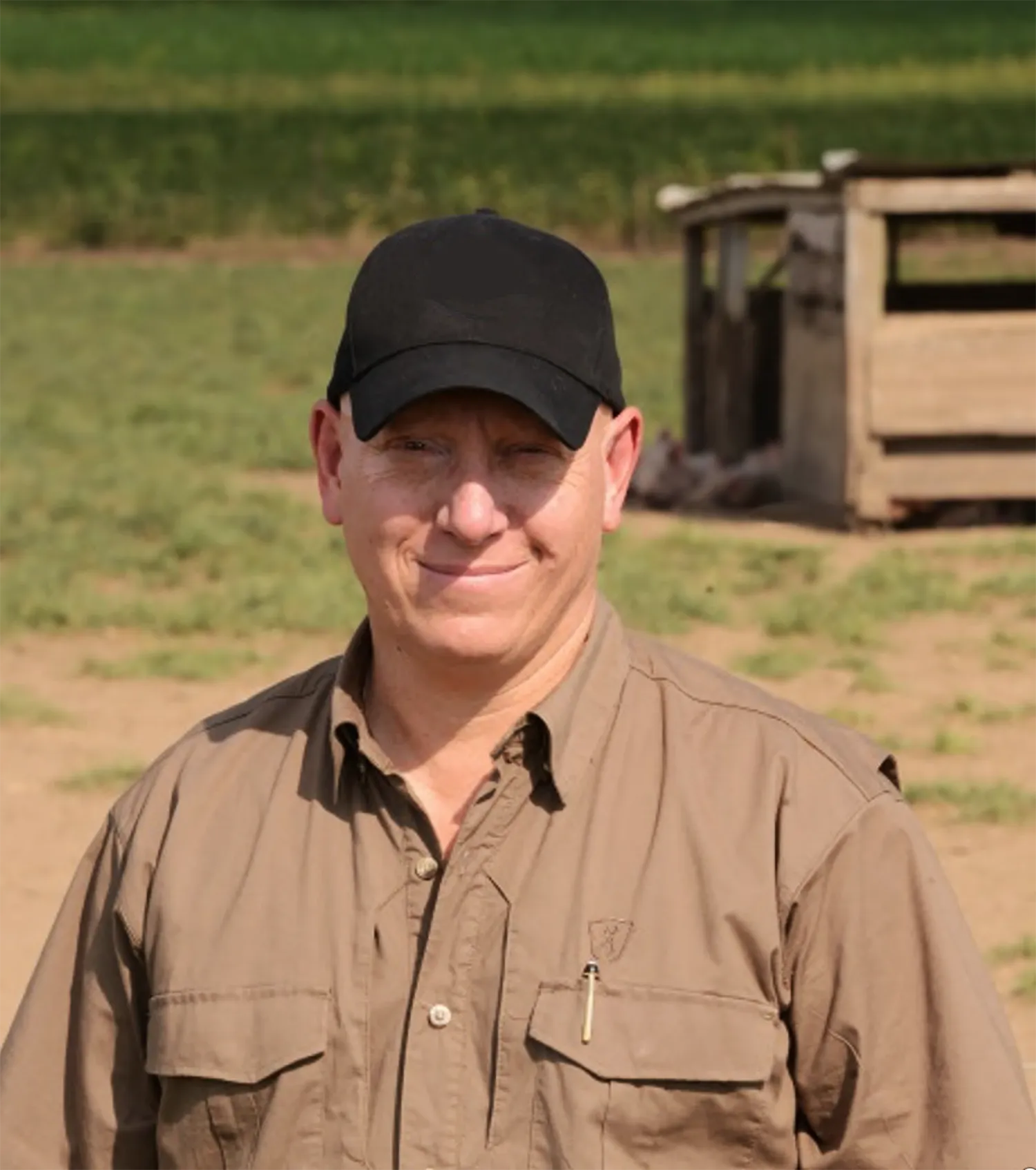[ad_1]
With a dedicated career spanning 38 years in agriculture, Jeff “Trip” Tripician made a strategic transition into both the dairy and meat sectors.
Over time, his roles evolved to focus on specialized categories of meat, as he shared in an interview with Food Dive.
His professional journey began as a marketing assistant at Proctor & Gamble, and he climbed through the ranks at well-known companies such as Sara Lee and Borden Dairy. Eventually, he took on pivotal roles as Chief Marketing Officer at Frontier Natural Products and President of Perdue Farms. During this period, he became increasingly aware of the disconnect between food processors and producers.
“I realized that a collaborative relationship was vital, as both processors and producers depend on one another. I often wondered why this synergy wasn’t more prioritized,” Tripician reflected.
Now, in his new role as CEO of cultivated meat startup Meatable, Tripician aims to apply that same philosophy to an industry often fraught with controversy.

Image Caption: Jeff “Trip” Tripician, Meatable CEO
Permission granted by Meatable
Initially hesitant when contacted by Meatable with their ideas, Tripician expressed his reluctance: “I tend to receive numerous ideas, so I respectfully declined,” he said.
However, the team behind Meatable persisted and engaged him in discussions about the future of food.
“They spoke about critical issues like climate change, soil degradation, and food insecurity, to which I replied, ‘Absolutely, these are significant challenges,’” he recounted.
As he delved into the cultivated meat sector, he realized he needed more knowledge, as he initially lacked familiarity with the field.
Upon traveling to the Netherlands to meet with Meatable’s team, Tripician emphasized that the company needed to demonstrate it was more than just an idea.
“I encountered a team of 68 researchers who had developed a method to produce a pound of meat in just four days, compared to the eight months required with pigs and 20 months with cattle,” he said.
Tripician began to view the startup as a meaningful vision he could champion. “Upon taking the CEO position, I emphasized the necessity for innovation and pioneering spirit, with the assurance that we would not adversely impact the traditional meat industry or harm any farmers,” he declared.
On June 17, 2024, Tripician stepped into the role of CEO at Meatable, taking over from co-founder Krijn de Nood, who remains a member of the Board of Directors.
Distinct Yet Interconnected
Tripician’s commitment to supporting the conventional meat industry might seem at odds with leading a cultivated meat firm, yet it is precisely this approach that renders his leadership one of the most notable shifts in the past year.
Recently, a legal battle emerged concerning the relationship between conventional meat and cultivated products, spotlighting the ongoing debate in the sector.
This month saw Upside Foods join forces with the Institute for Justice to challenge Florida’s recent law forbidding the marketing and distribution of cultivated meat.
Following his signing of the new bill on July 2, Florida Governor Ron DeSantis stated he aimed to protect the beef industry from the “global elites.”
However, Tripician posits that traditional meat and cultivated categories can successfully collaborate.
His vision entails licensing Meatable’s manufacturing technology to conventional meat producers.
“The meat sector consists mainly of a handful of major corporations. I plan to present them with our intellectual property and patents, which enable the rapid production of cultivated meat, and extend our technology and supplier connections,” Tripician explained.
He likened this initiative to how beef brands can use a “Certified Angus Beef” label, benefiting ranchers and enhancing product quality for consumers and retailers alike.
“The goal is that as companies strategize their capital expenditures for new facilities, they also consider incorporating cultivated meat to enhance their output, potentially with our assistance,” he noted.
Tripician plans to pilot this concept in Singapore, seeking an accessible test market to learn and adapt strategies accordingly. Currently, Meatable is collaborating with a co-packer’s chief marketing officer in Singapore and is engaging with various Asian meat companies.
In conjunction with Tripician’s appointment, Meatable has also brought on Dean Banks, a former executive at Tyson Foods, to its board of directors.
Banks, who previously held the role of president and CEO at Tyson Foods, stated, “Meatable possesses incredible potential to revolutionize the cultivated meat landscape through its distinctive approach to product development and market entry.”
Innovative Leadership Style
In contrast to other cultivated meat CEOs, Tripician comes from a non-scientific background—a position he believes provides him with valuable insights.
“In my view, for cultivated meat to succeed, it must engage with the traditional meat sector by recognizing its challenges and showcasing viable solutions, provided these options are cost-effective and scalable,” he stated.
SOURCE

Maria Sanchez completed her Bachelor’s degree in Plant Sciences from the University of California, Davis, in the USA. Her studies focused on plant genetics and biotechnology, with an emphasis on developing disease-resistant crop varieties. Maria has contributed to several research projects aimed at improving crop resilience to climate change and is now pursuing her Master’s degree in Plant Breeding.


